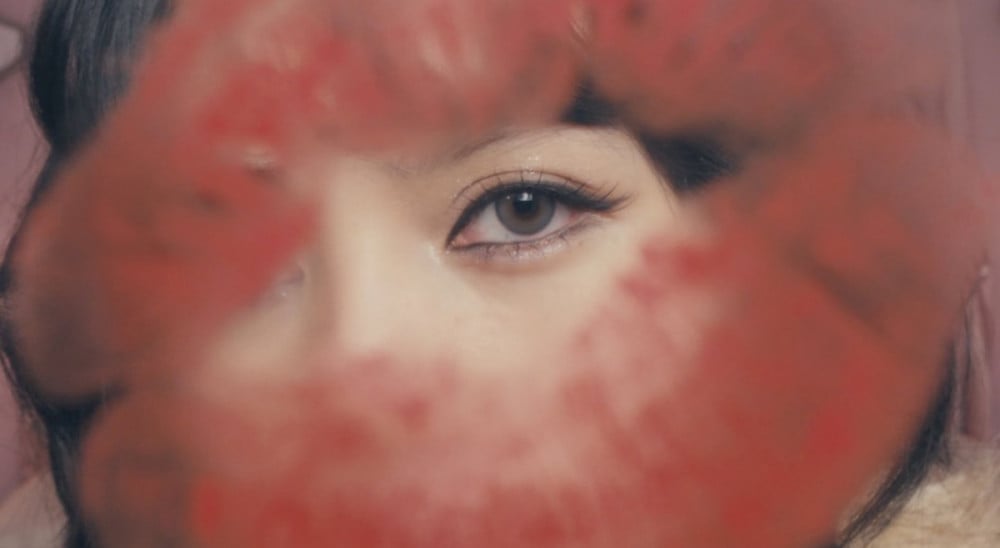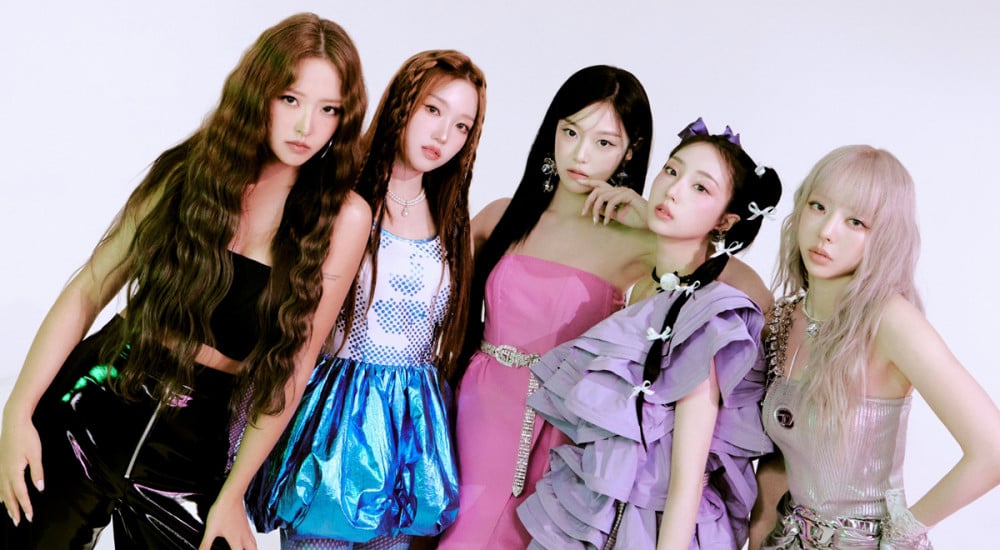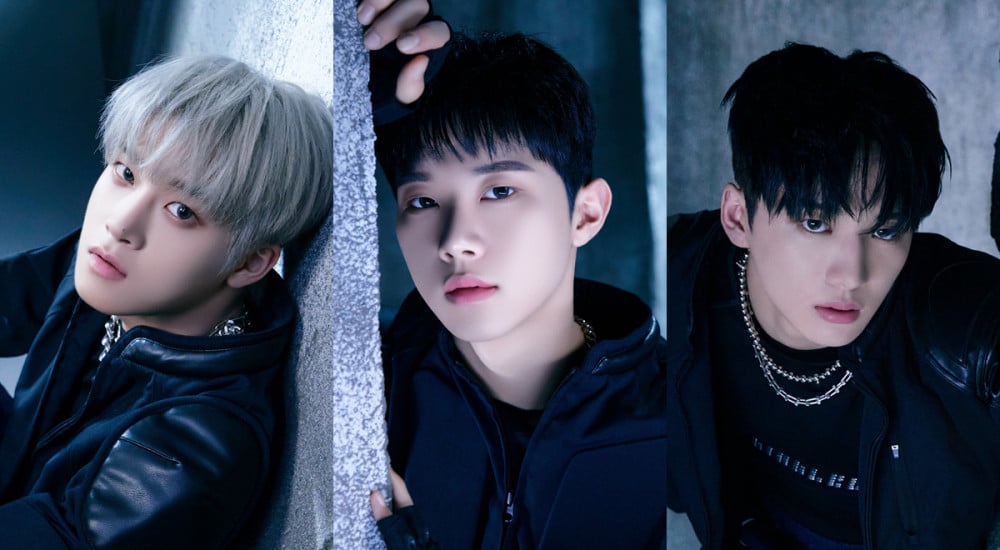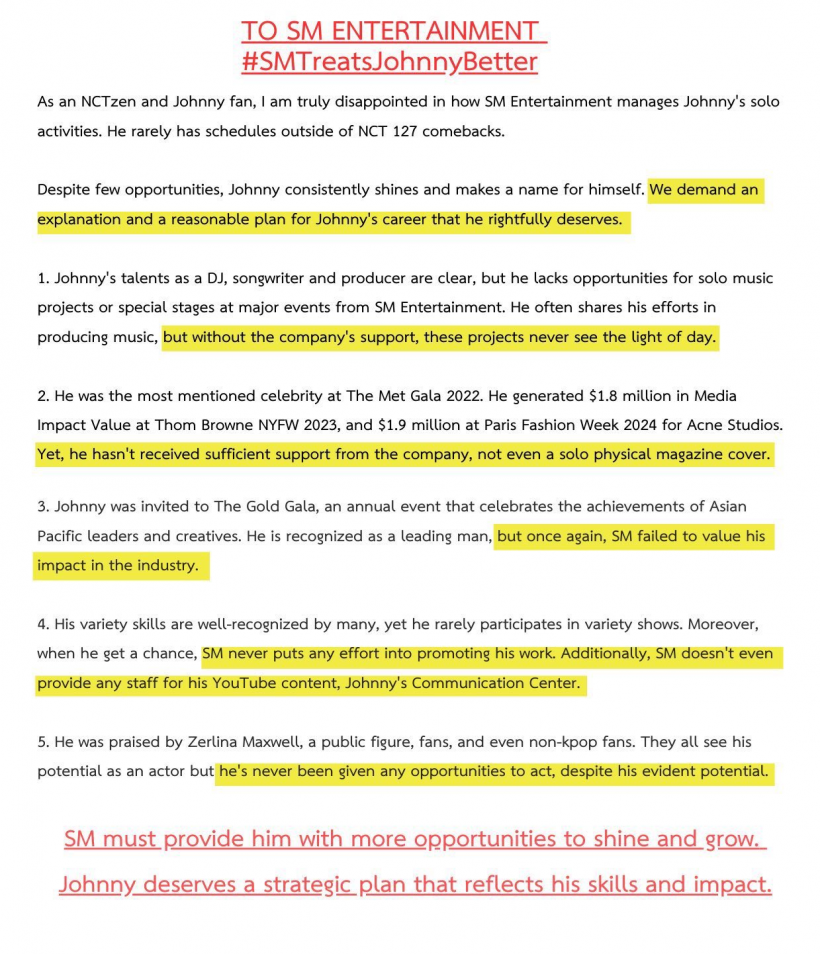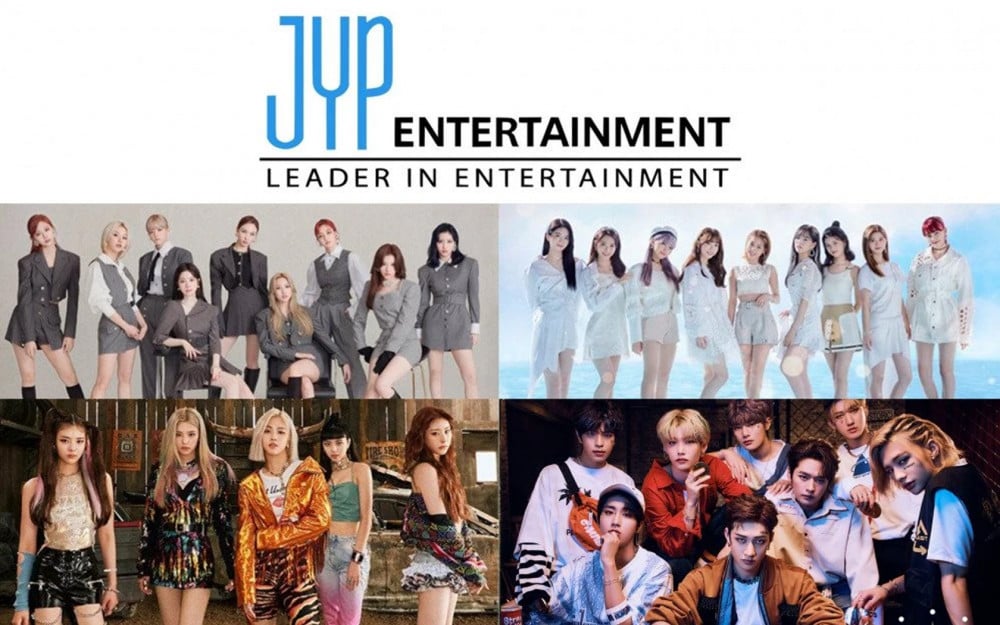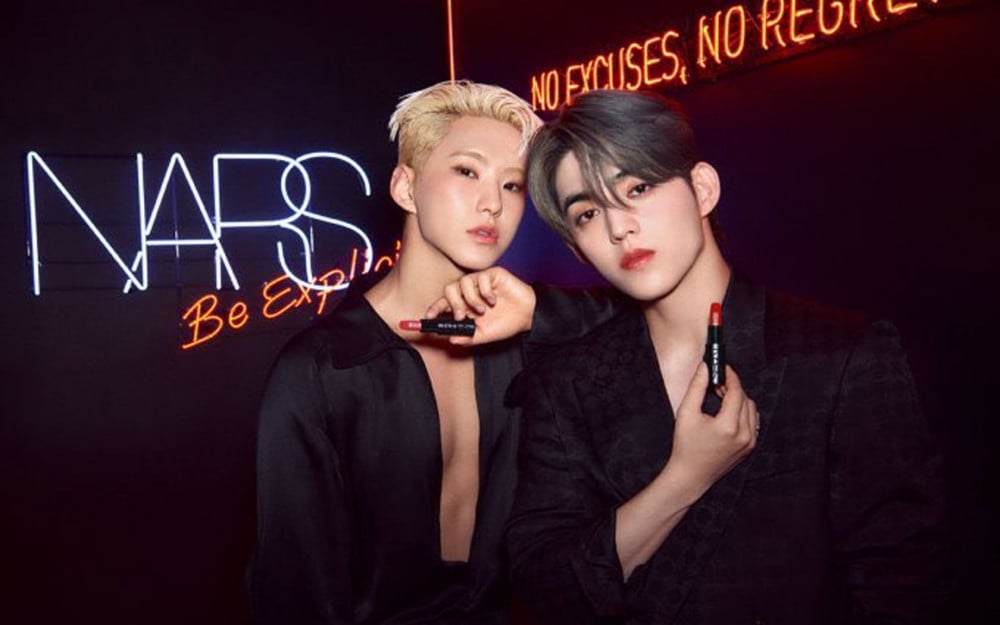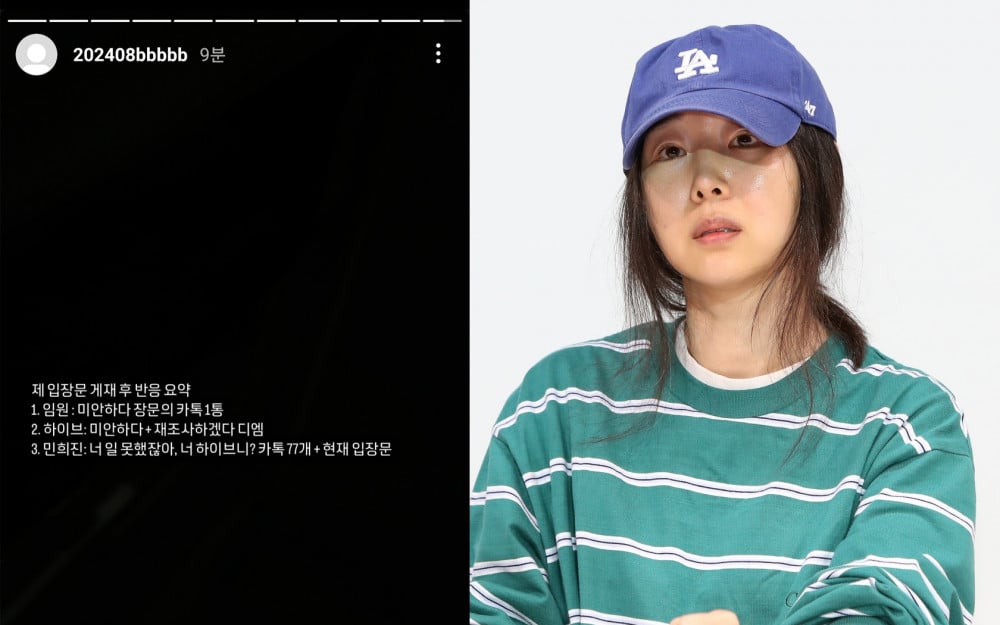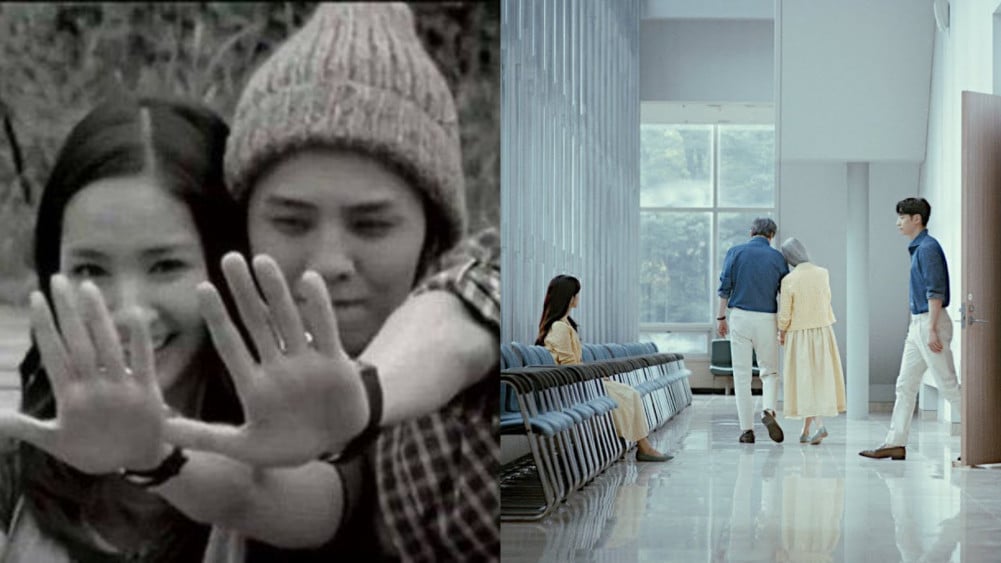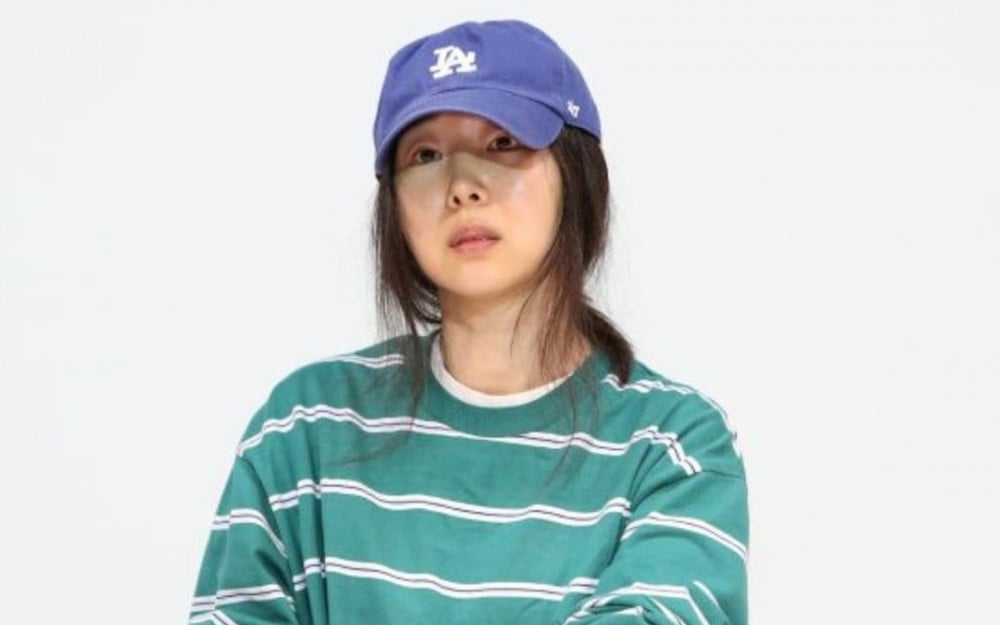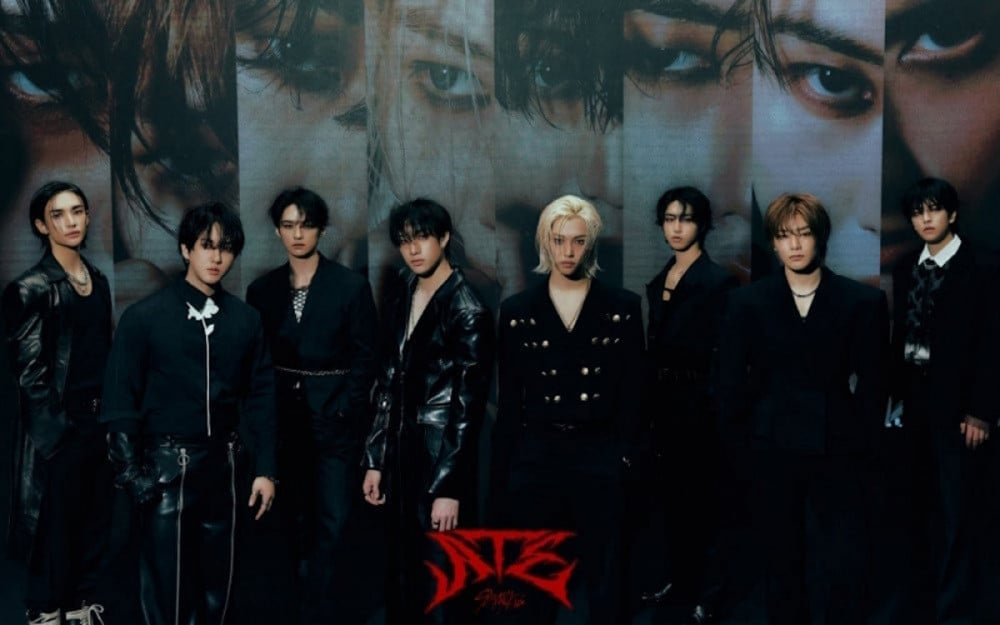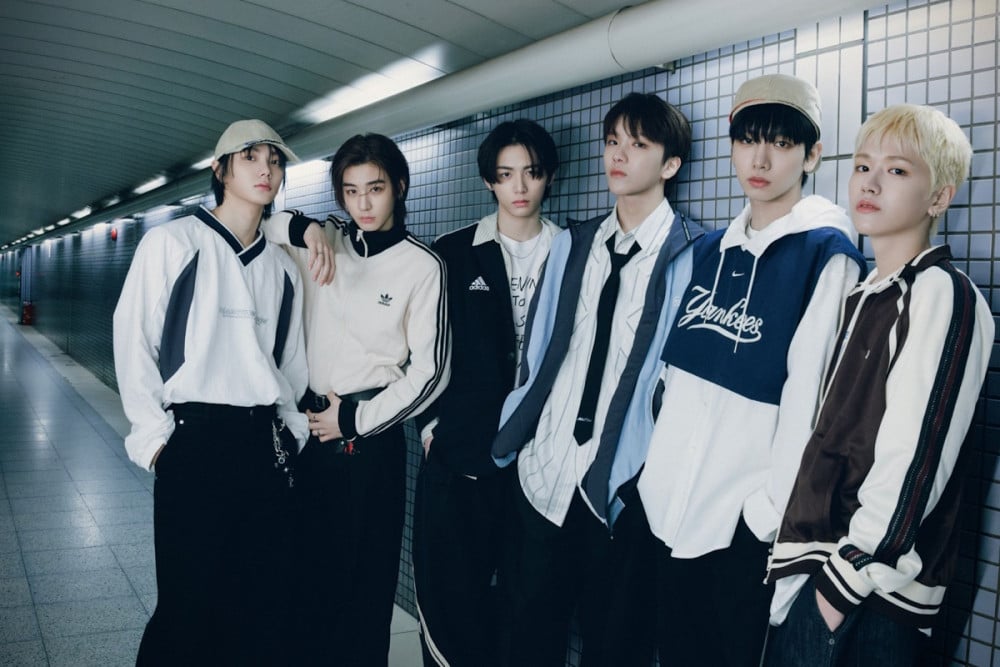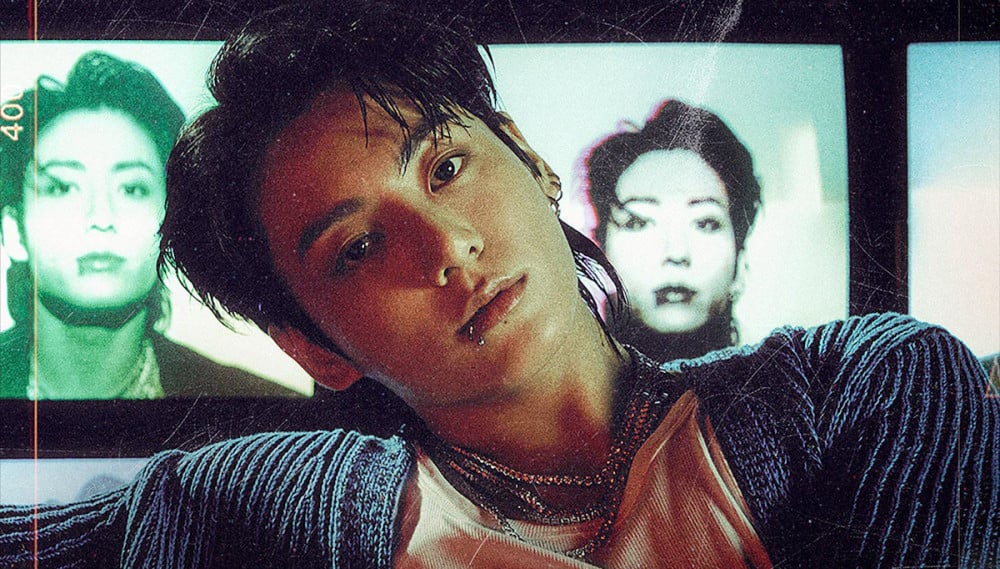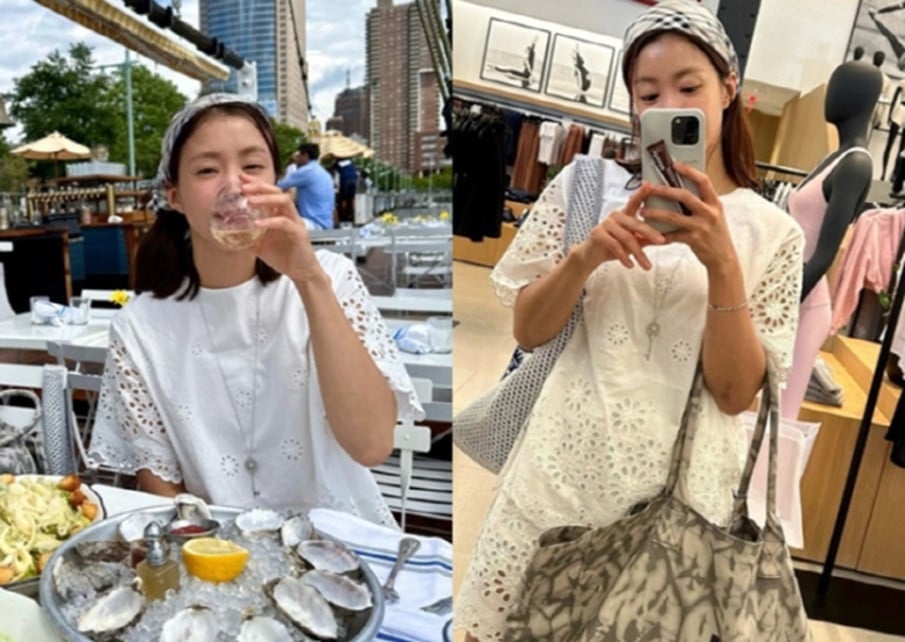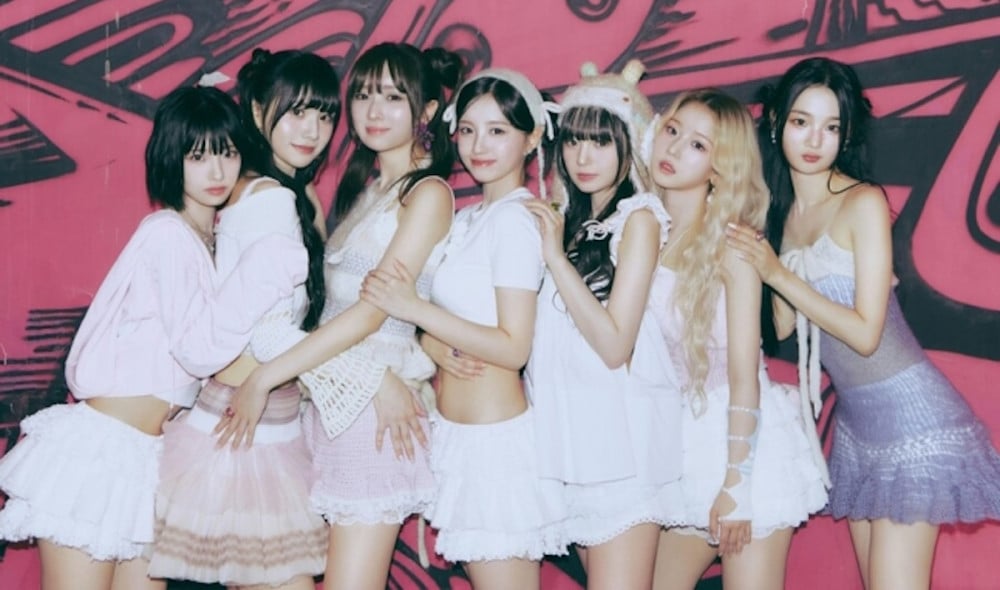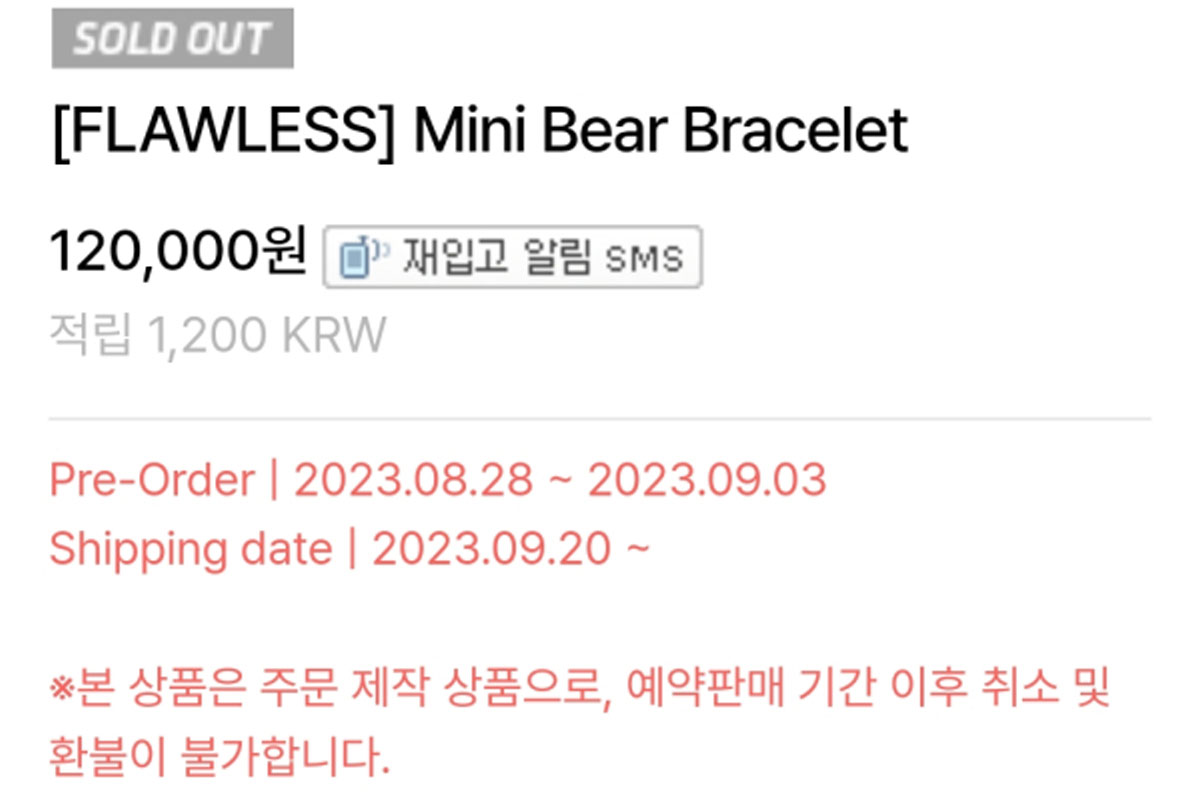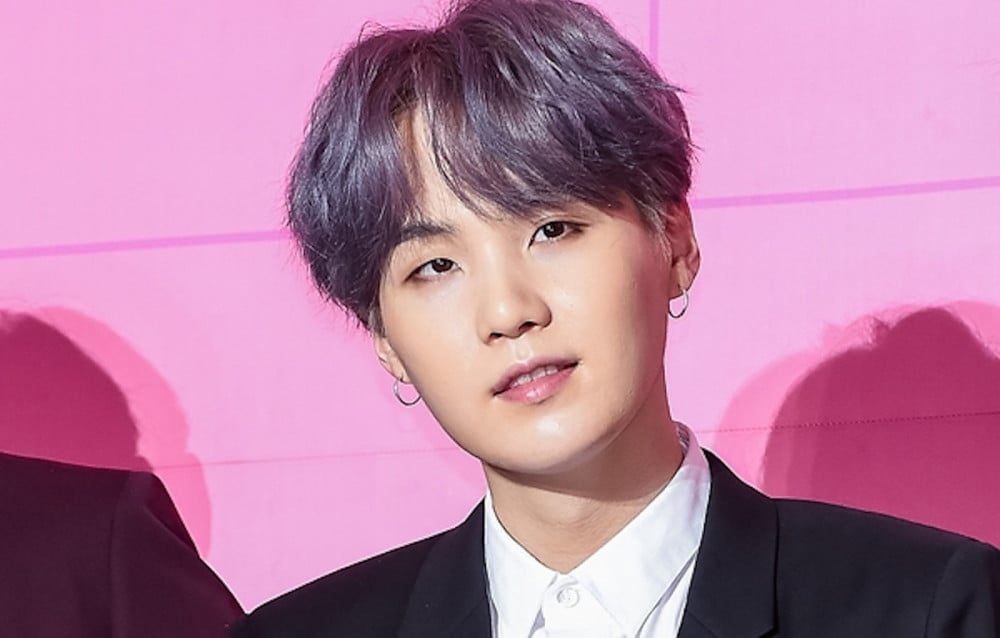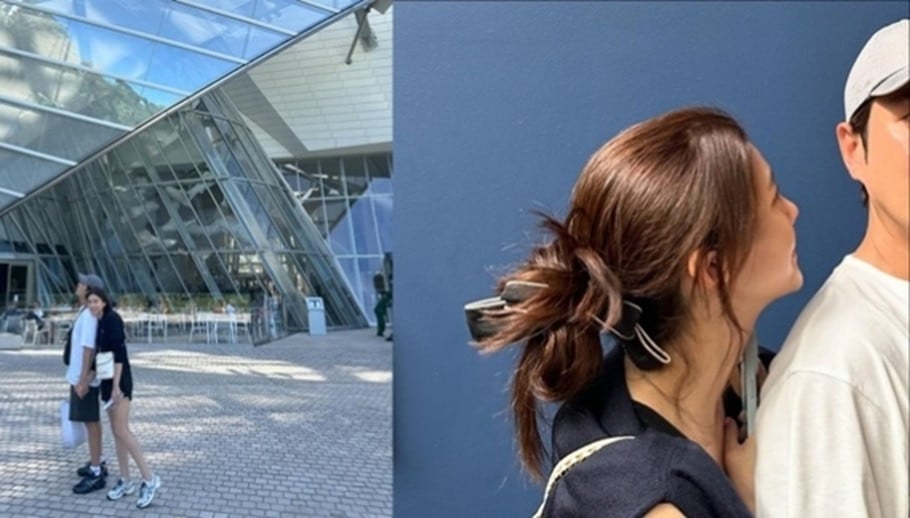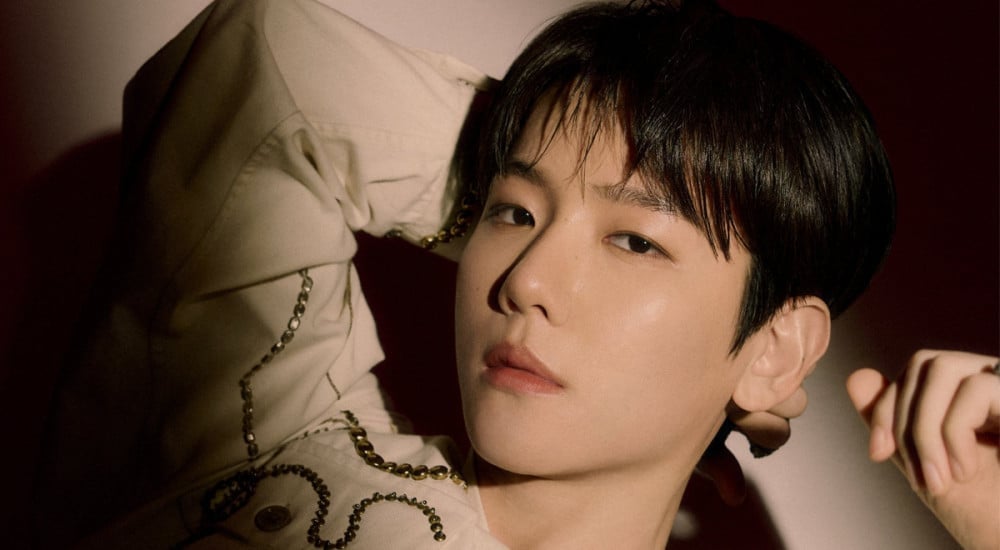Should there be a Minimum-Age Requirement in K-pop?
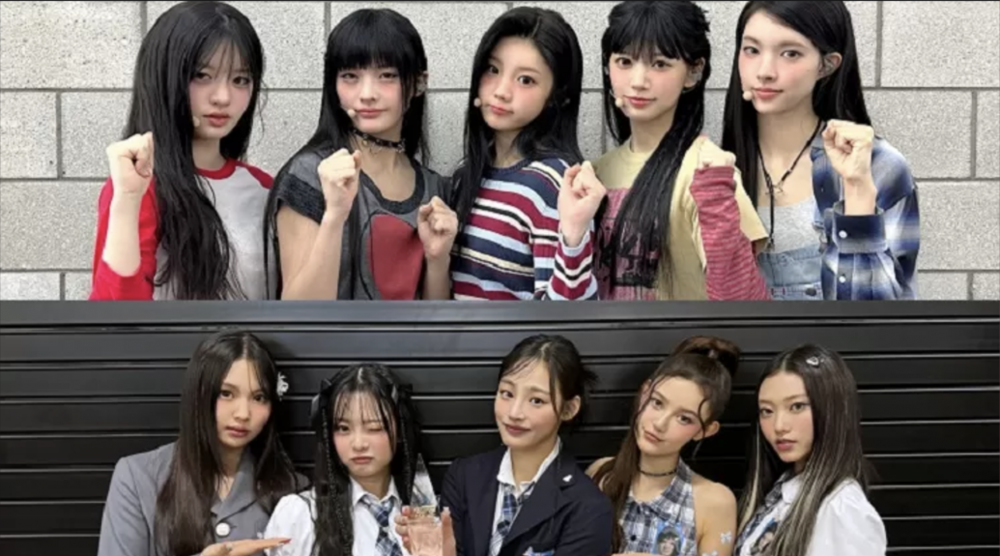
As a second-generation K-pop fan, it’s hard not to notice just how young the new wave of idols is. Every time a company announces a new group, I find myself anxiously awaiting the age of each member, often taken aback by just how young they are. The generational shift in K-pop is stark, and with each debut, it becomes more apparent that these rising stars are entering the industry at increasingly younger ages.
[video_shortcode_youtube src=”https://www.youtube.com/embed/js1CtxSY38I”]
Take, for example, the debut of NewJeans, which sparked widespread discussion. The public reaction was intense, with many questioning the ethics of debuting idols at such a young age. Comments like “Why would you debut a child?” and “They’re so young, this seems wrong” flooded social media. Similar concerns were raised when ILLIT made their debut. However, this trend isn’t new in the K-pop industry. Consider BoA, a veteran in the scene, who made her solo debut at just 13 years old—after entering SM Entertainment as a trainee at the tender age of 11.
[video_shortcode_youtube src=”https://www.youtube.com/embed/Vk5-c_v4gMU”]
Such early debuts are not isolated cases. SHINee’s Taemin was only 14 when he stepped into the spotlight, as were KARA’s Jiyoung and IVE’s Wonyoung, the latter debuting with IZ*ONE. These idols often begin their training much earlier, sometimes as children, thrust into a rigorous and highly competitive environment that leaves little room for the normal experiences of youth. The entertainment industry is notoriously harsh, with every aspect of an idol’s life, from their appearance to their behavior, scrutinized under the public eye. This raises a critical question: Why isn’t there a minimum age requirement for idols entering this demanding world? A set minimum age for both auditioning and debuting could potentially safeguard young talents from the pressures that come with early stardom.
[video_shortcode_youtube src=”https://www.youtube.com/embed/DfslE2pbmCk”]
The lack of age restrictions becomes even more concerning when you consider the age demographics of the fanbases. In some cases, the average age of fans can be in their thirties or forties, which is double or even triple the age of the idols themselves. This disparity adds another layer to the discussion about the appropriateness of debuting such young individuals in a setting that might strip them of their childhood and expose them to a world far beyond their years.
[video_shortcode_youtube src=”https://www.youtube.com/embed/yeBKXxqCLU8″]
[video_shortcode_youtube src=”https://www.youtube.com/embed/7yNDie0F2S0″]
In South Korea, the legal age of adulthood is 19. This begs the question: why are individuals younger than this being thrust into the intense, high-pressure environment of the K-pop industry—a world that can easily breed insecurities and strip away the carefree essence of childhood? Sure, some might say these young idols choose this path. But let’s be real—how much autonomy do they really have at such a tender age to make such life-altering decisions? The reality is that many of these kids are making choices under immense pressure from parents, trainers, and agencies, often without fully understanding the long-term implications of their commitment.
And let’s not forget the elephant in the room: the entertainment companies themselves. These are profit-driven machines, laser-focused on finding the next big thing, often at the expense of the well-being of their stars. The younger the idol, the more marketable they seem to be in an industry that thrives on fresh faces and new trends. But at what cost? The relentless pursuit of profit often overshadows the need to protect these young talents from the harsh realities of fame. It’s not just about training them to sing and dance—these are young lives being molded, and the consequences of mismanagement can be severe, leading to burnout, mental health struggles, and even worse.
The introduction of a minimum age limit for K-pop debuts is not just a suggestion, it could be a necessity. Establishing such a standard would be a game-changer for the industry, setting a precedent for more ethical practices and ensuring that young stars aren’t deprived of their childhoods. It would force companies to rethink their approach, prioritizing the long-term health and happiness of their idols over the immediate profits they stand to gain.
The day South Korean entertainment companies set a minimum age limit for idols will be a watershed moment. It could be the beginning of a new era in K-pop, where young talent is given the space to grow, learn, and enjoy their youth before being thrust into the spotlight. After all, isn’t it time we started thinking about the idols as people first, and not just products to be packaged and sold to the highest bidder?




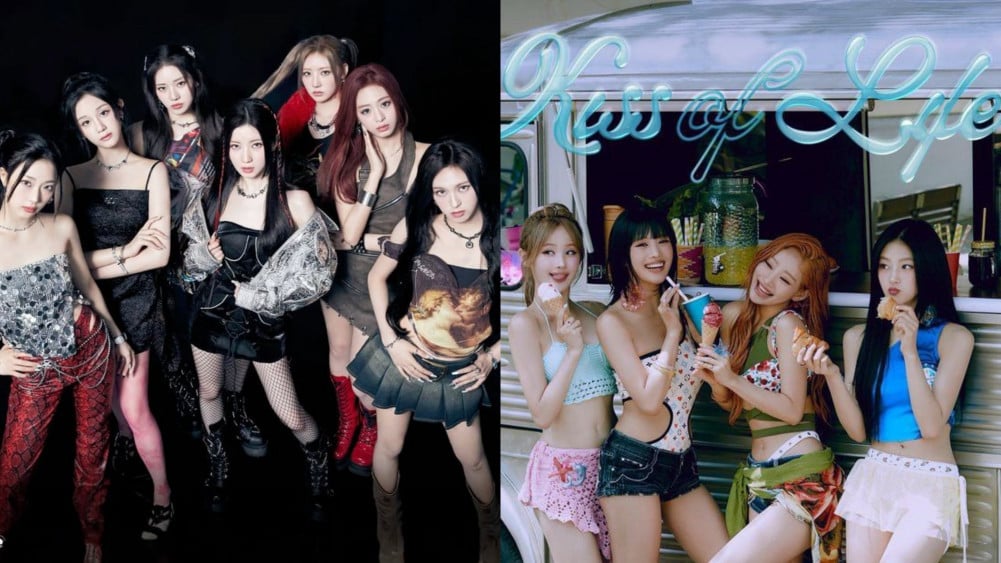
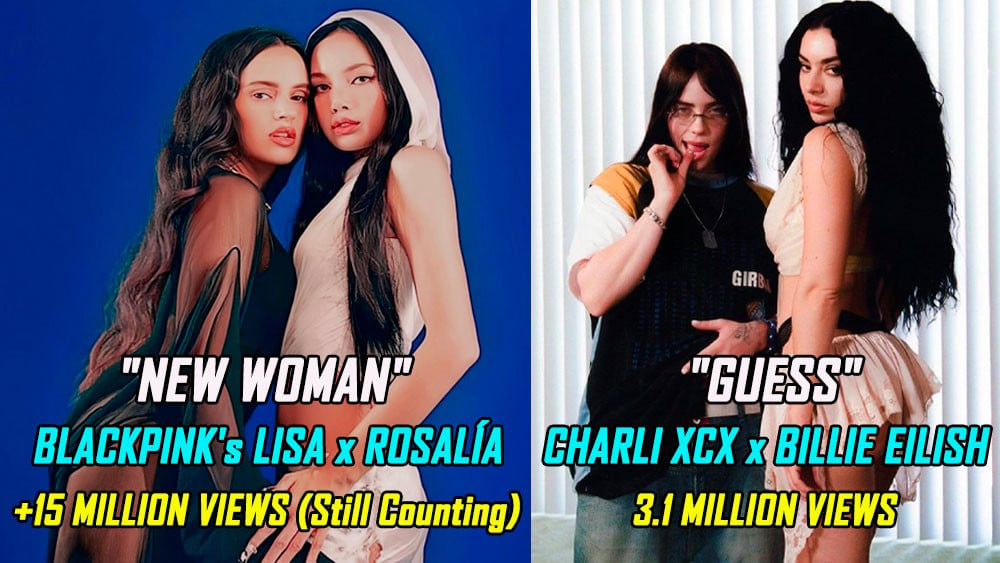

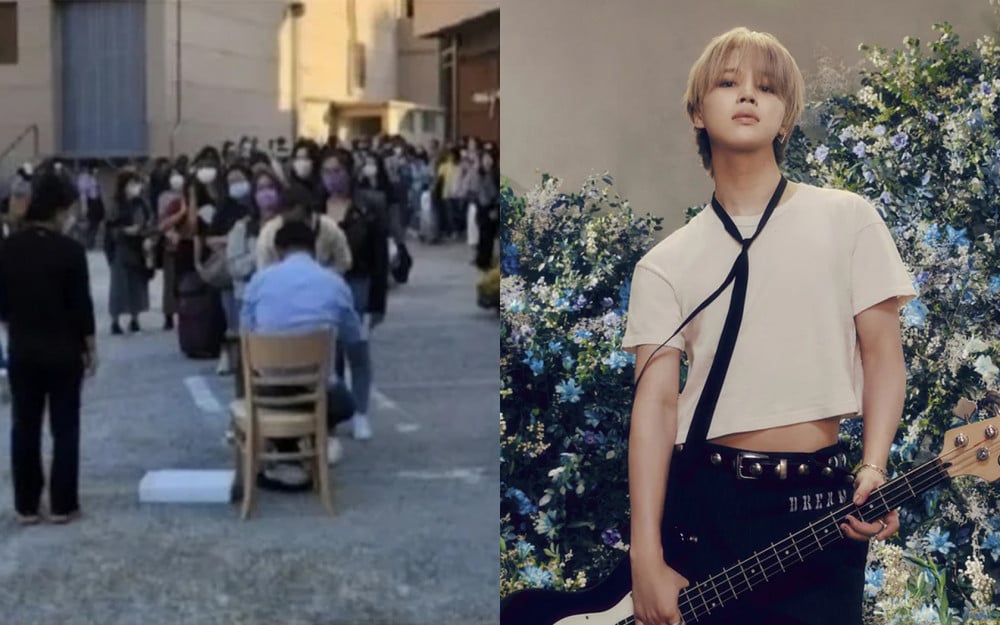
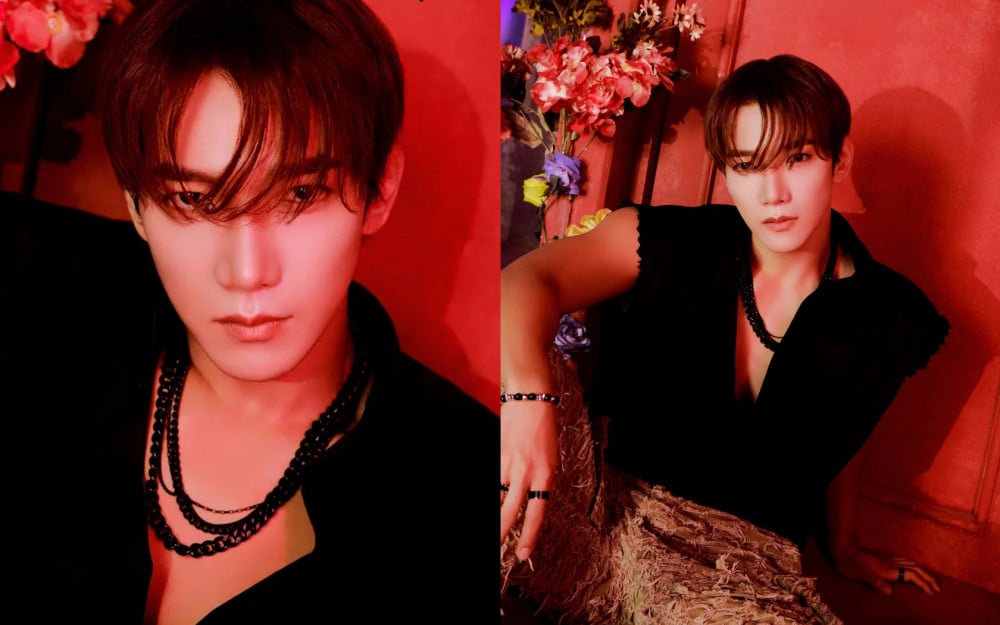





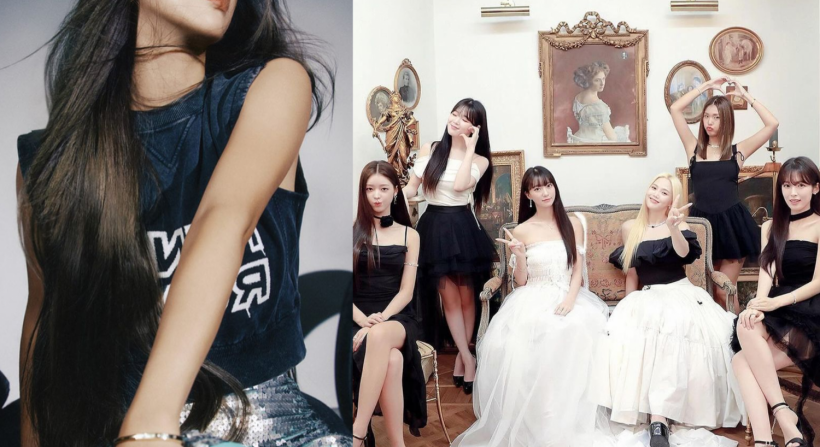

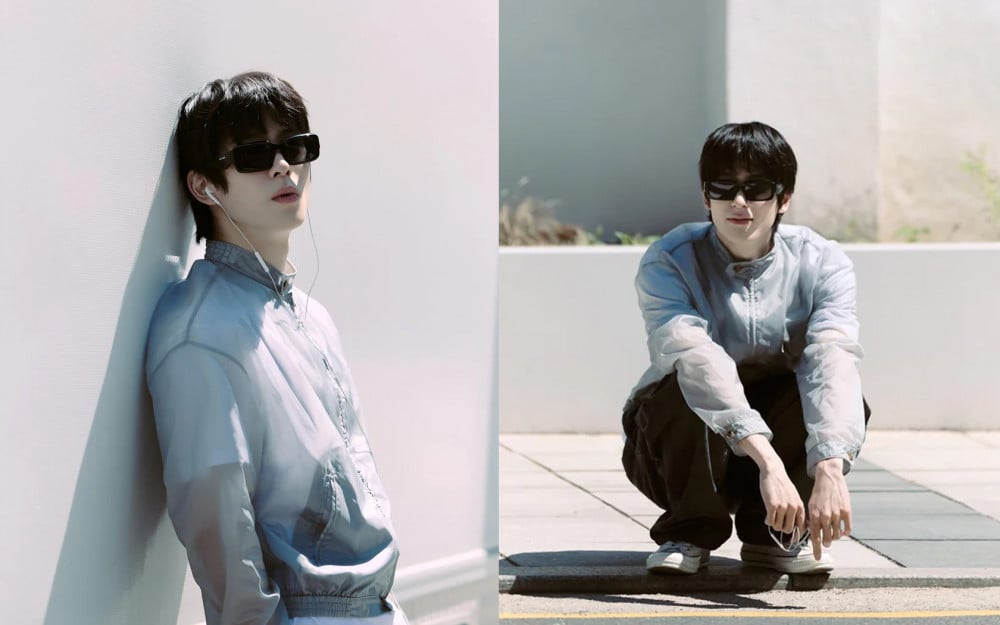

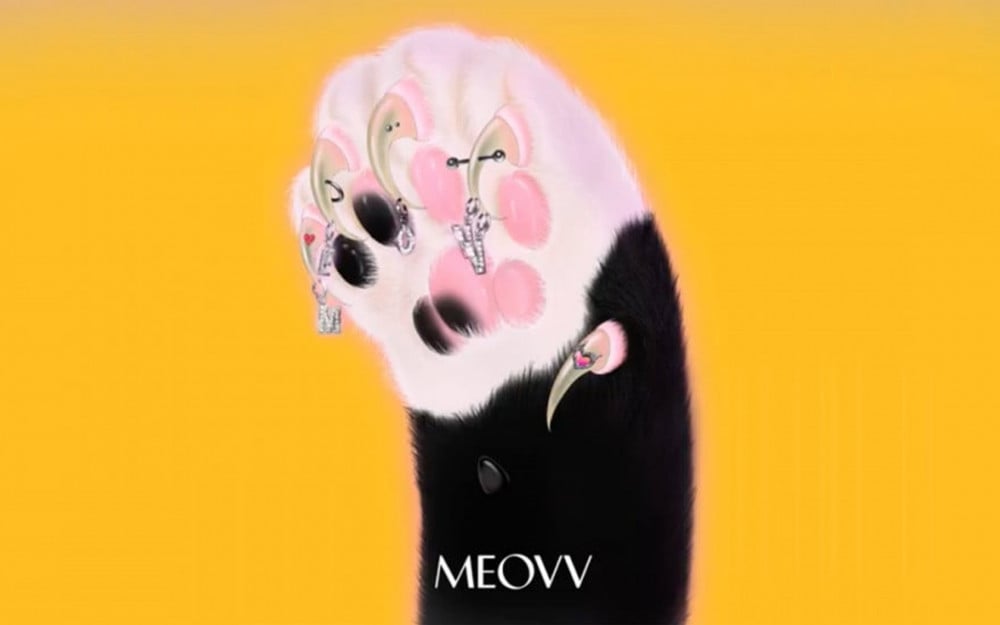
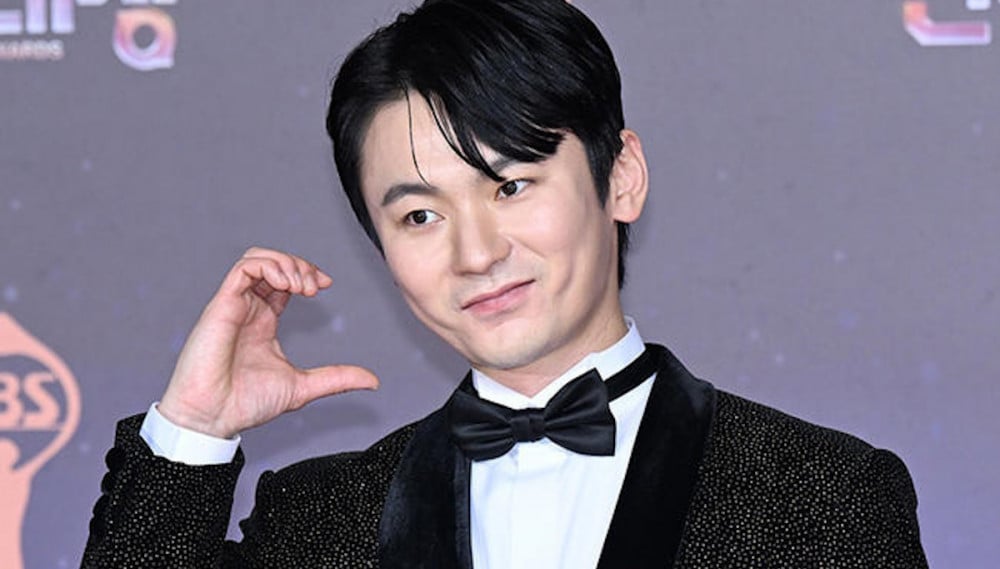

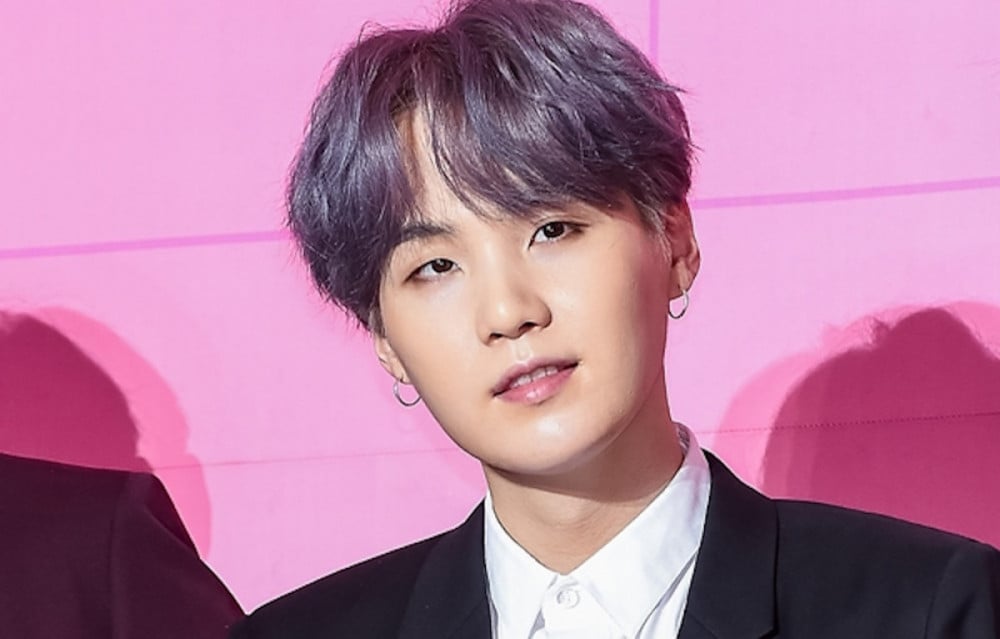
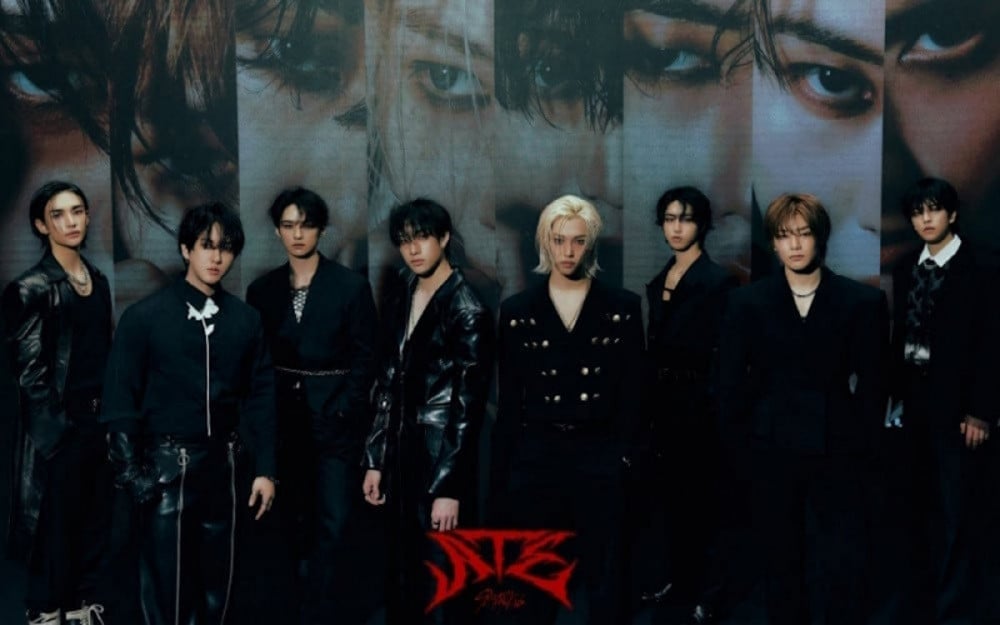
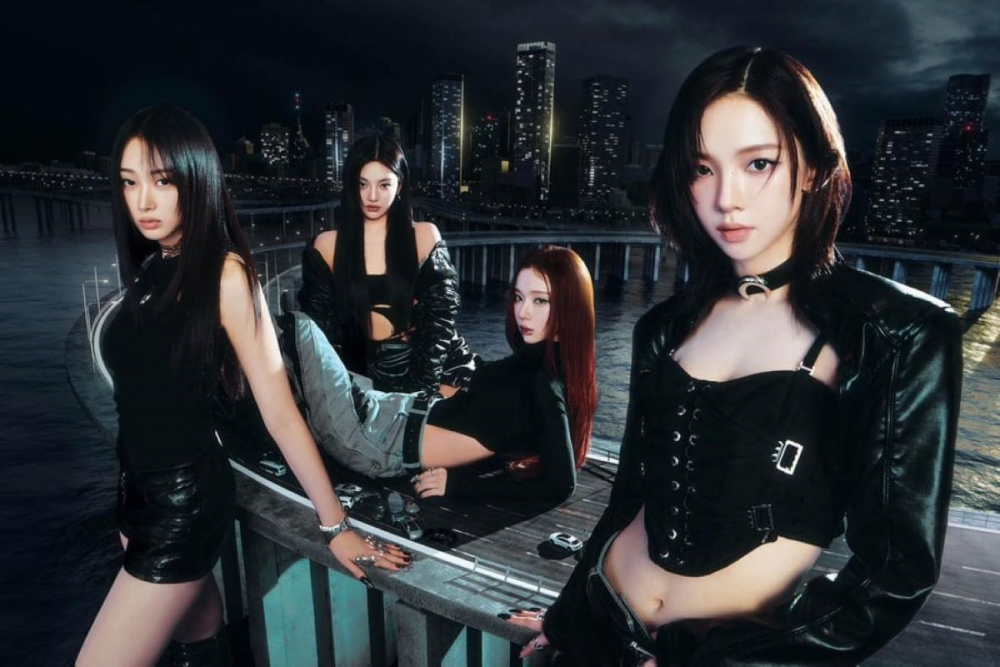



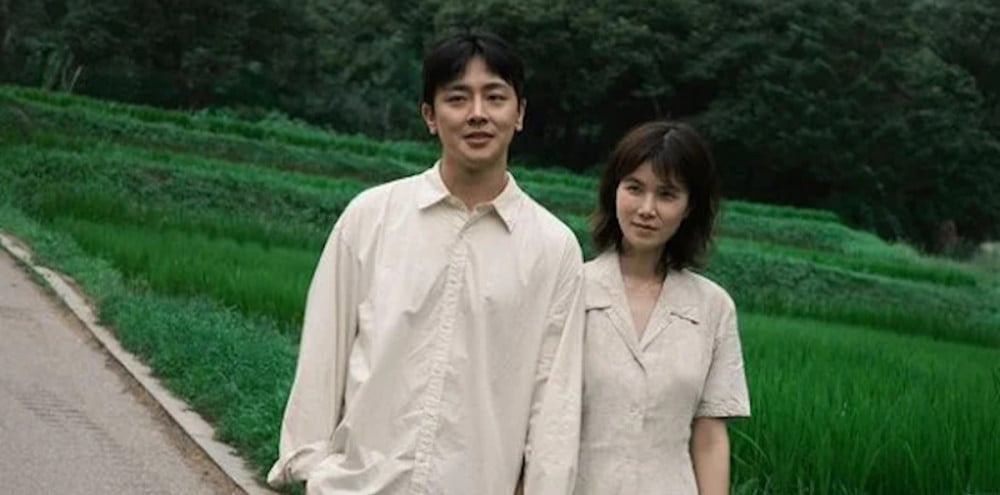

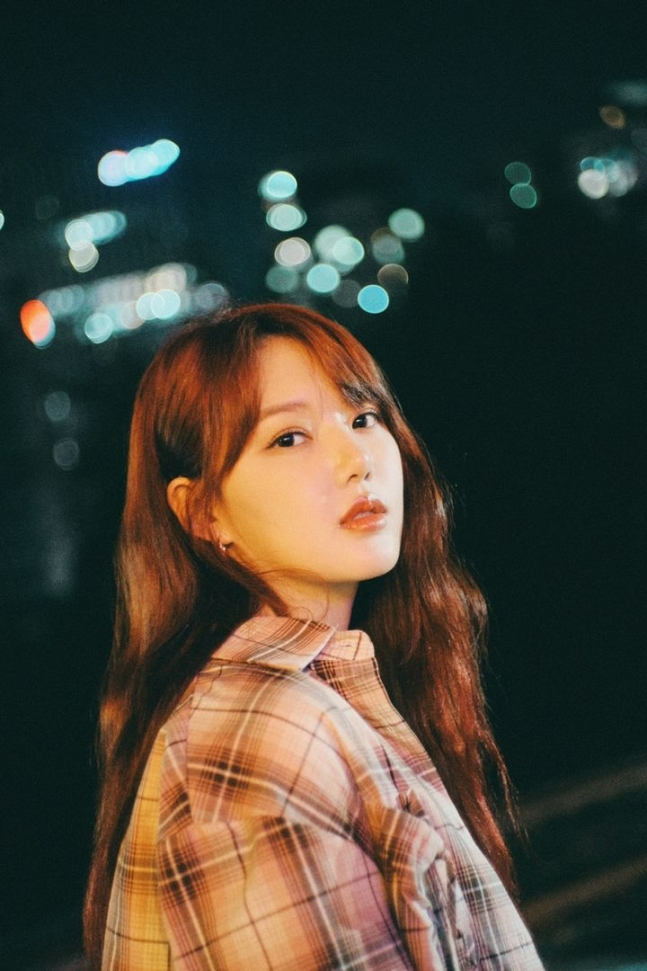

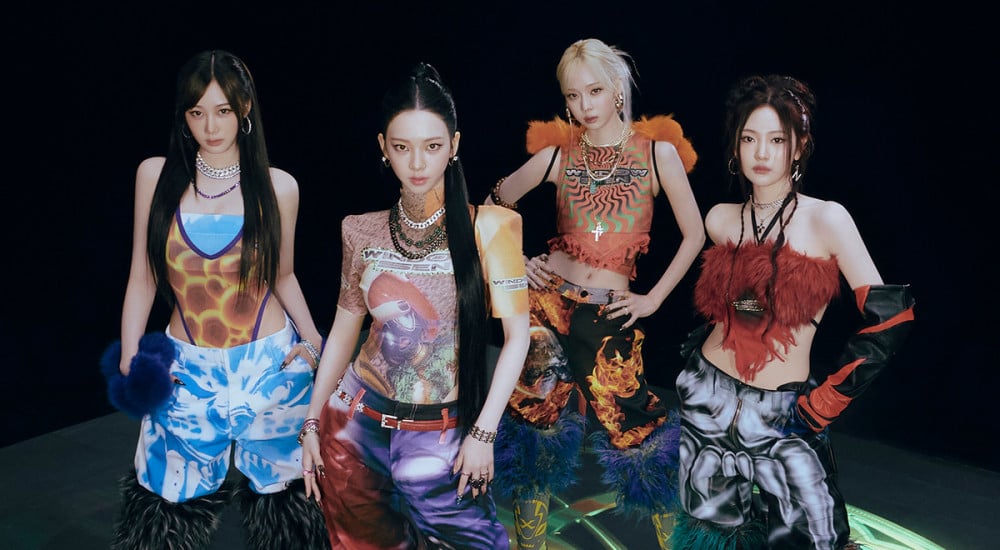
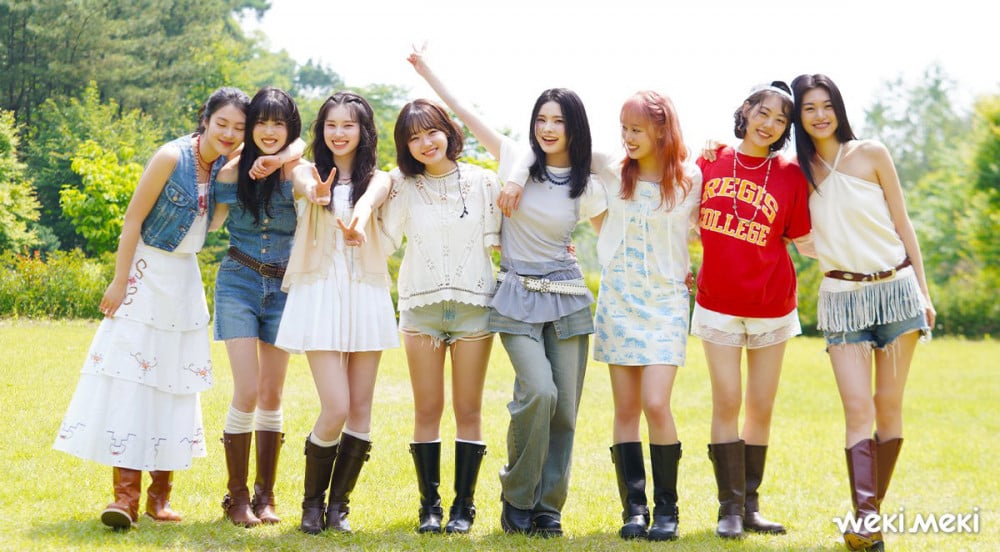
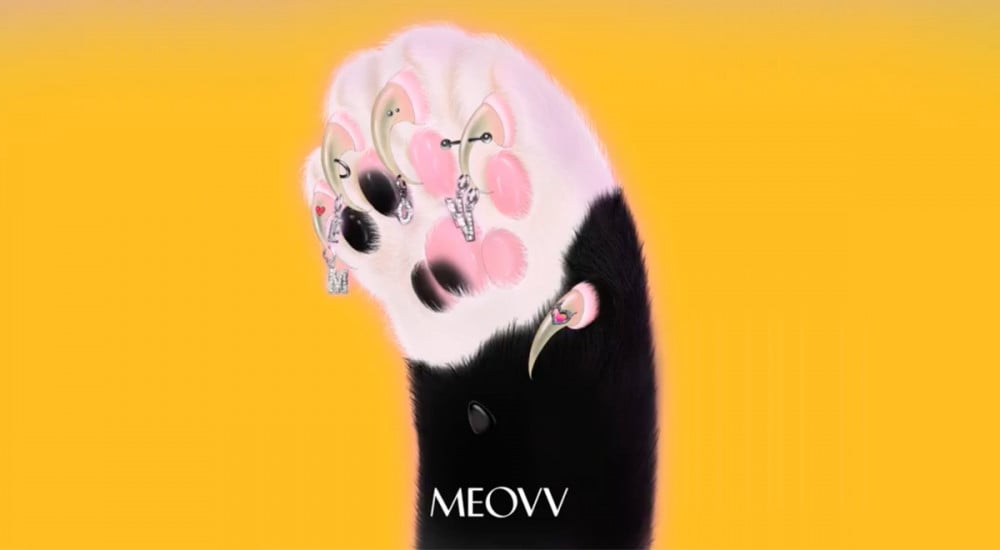

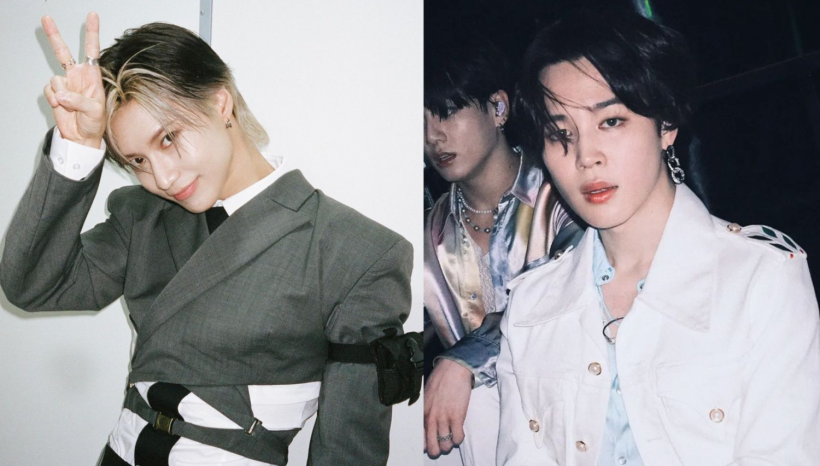





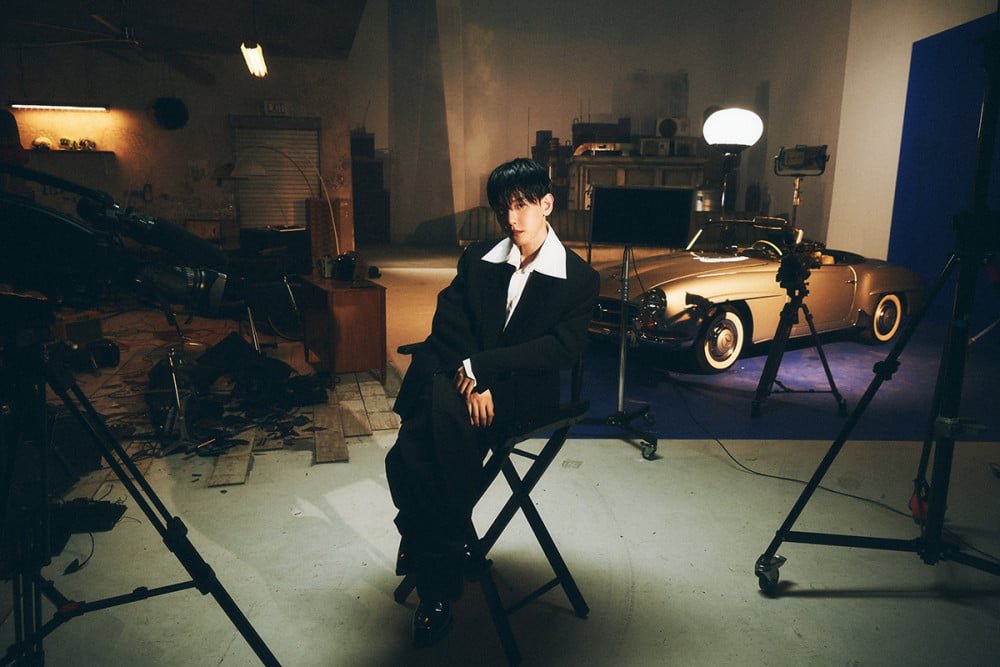
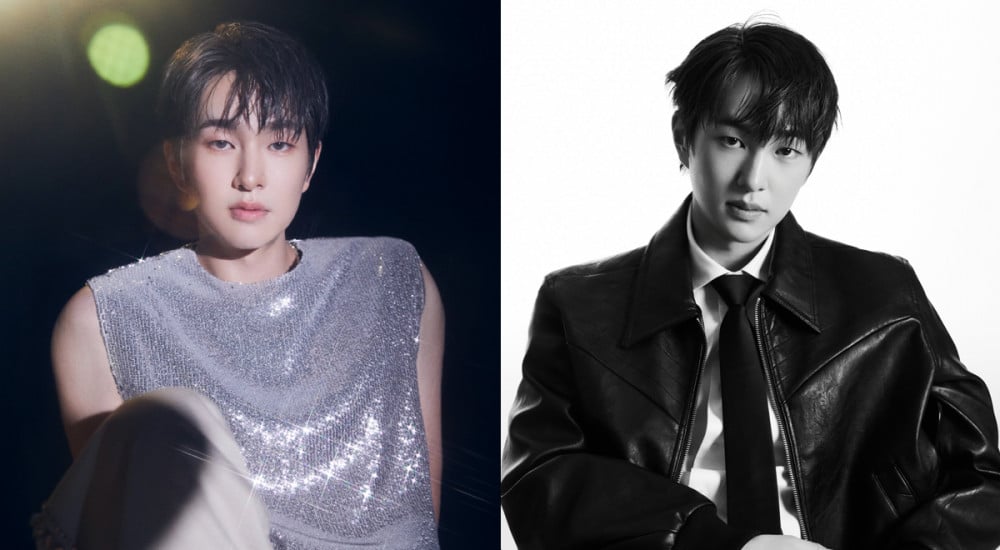

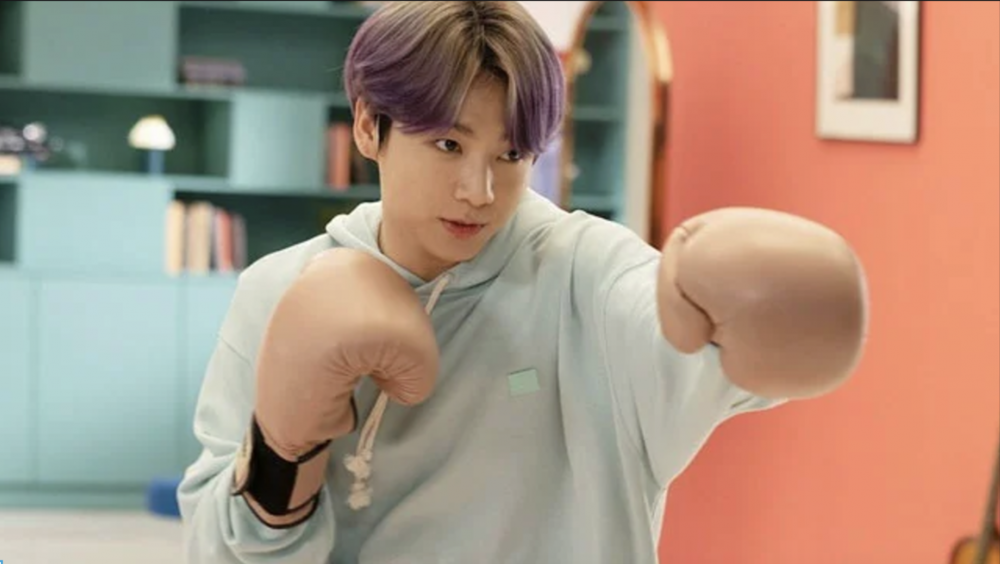
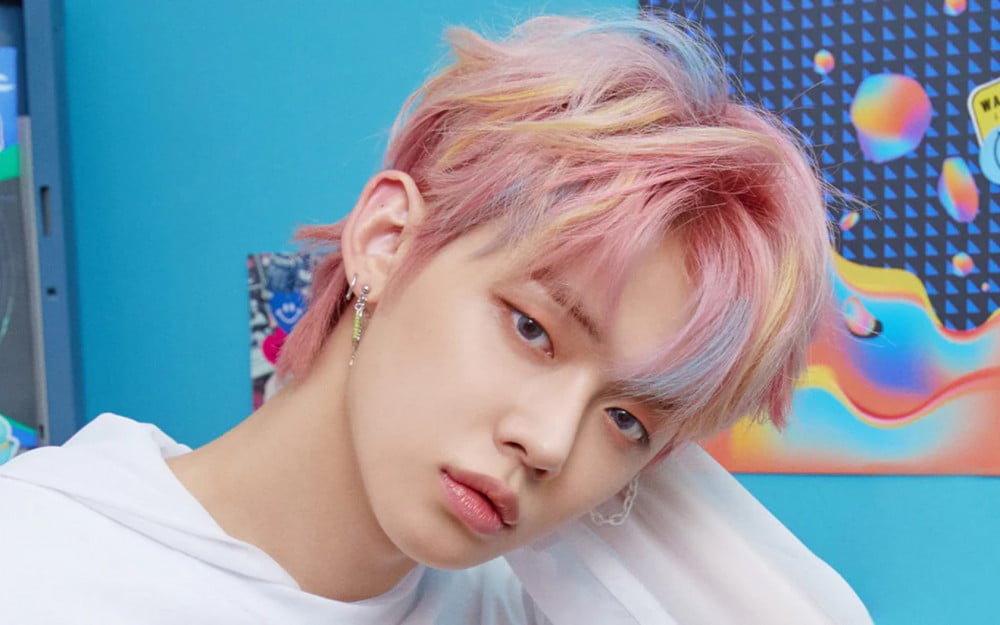
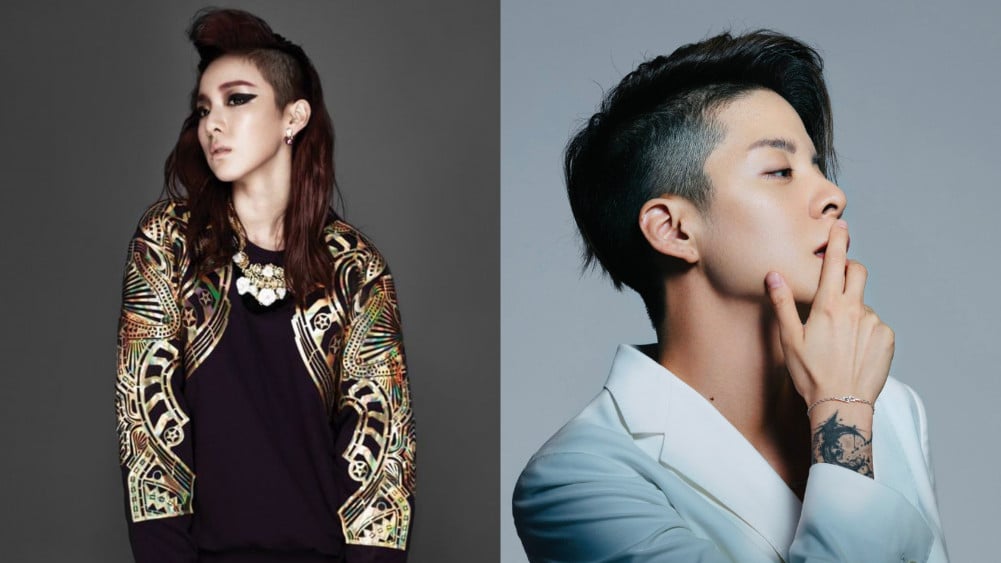
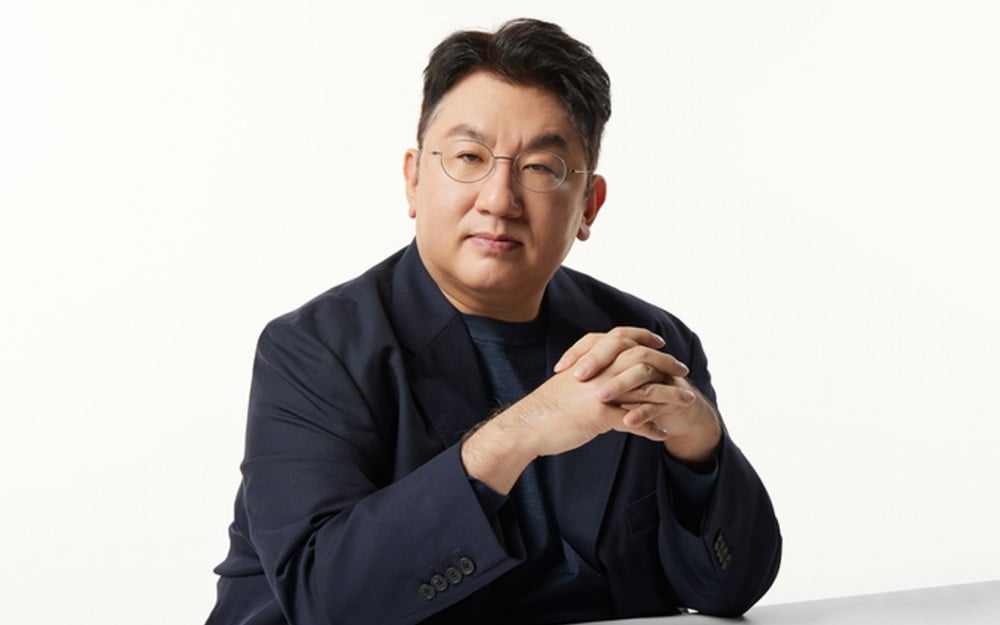


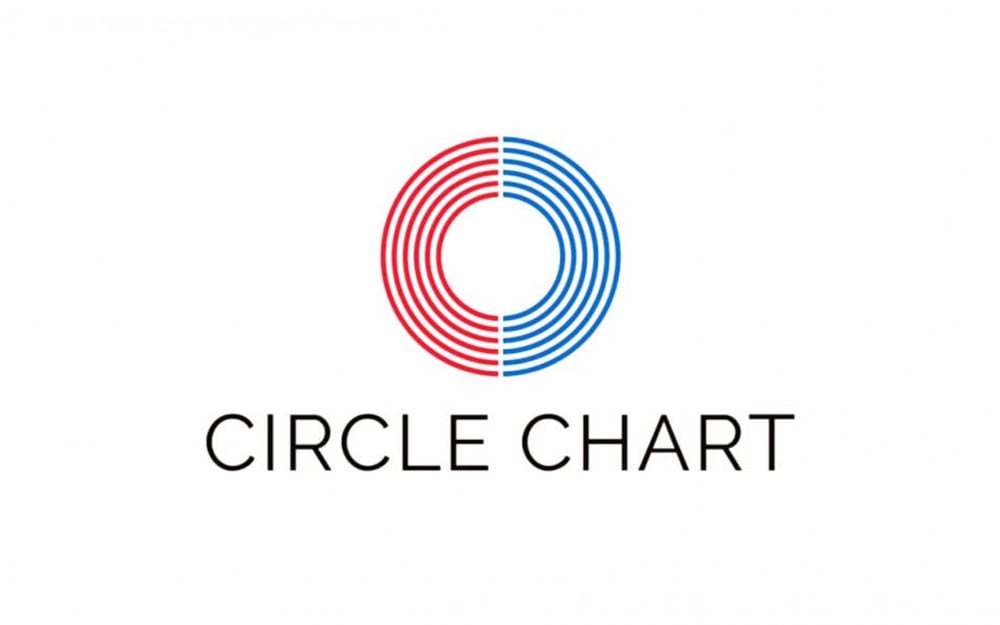

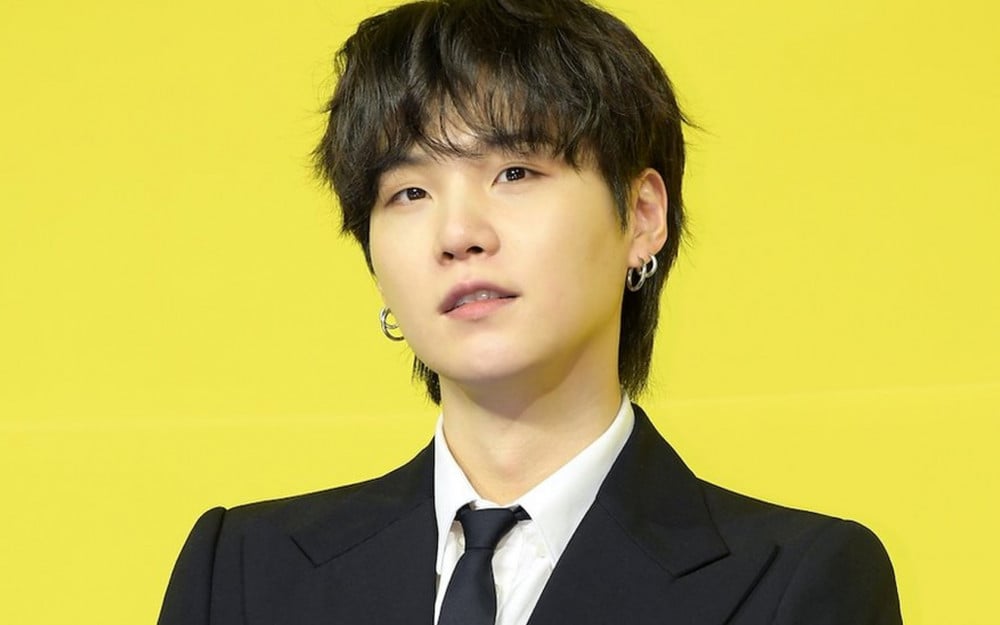


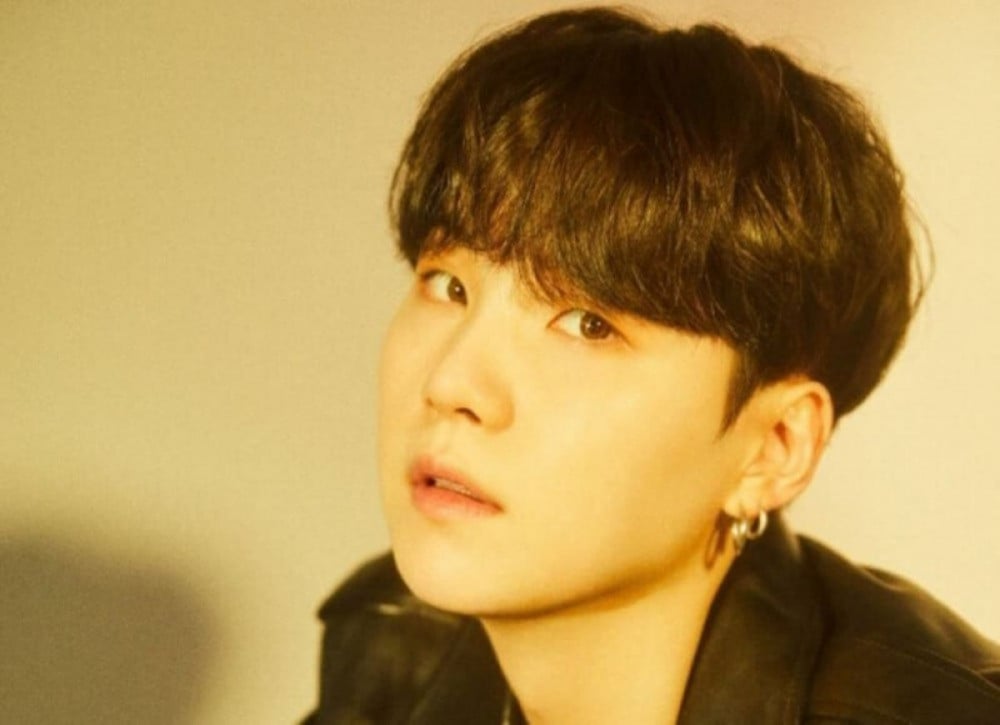
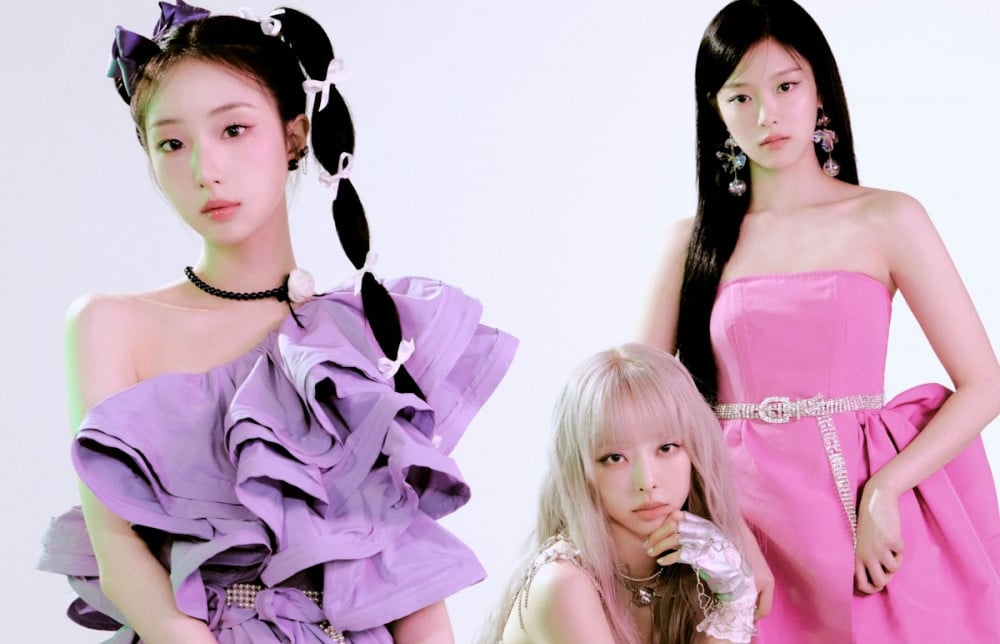



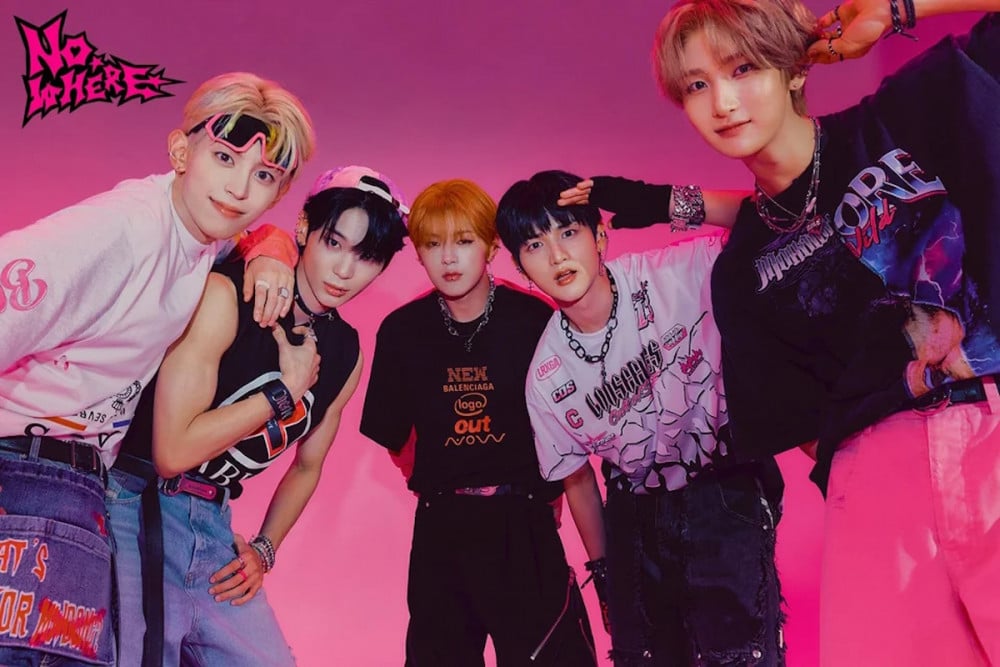
![[EXCLUSIVE INTERVIEW] ALL(H)OURS Reflects on 1st-Ever Comeback, 2024 Goals, More With KpopStarz](https://c1.alongwalker.com/img/post/ef3eba3ff1989f9434f376f7ccd5b502.jpg)


